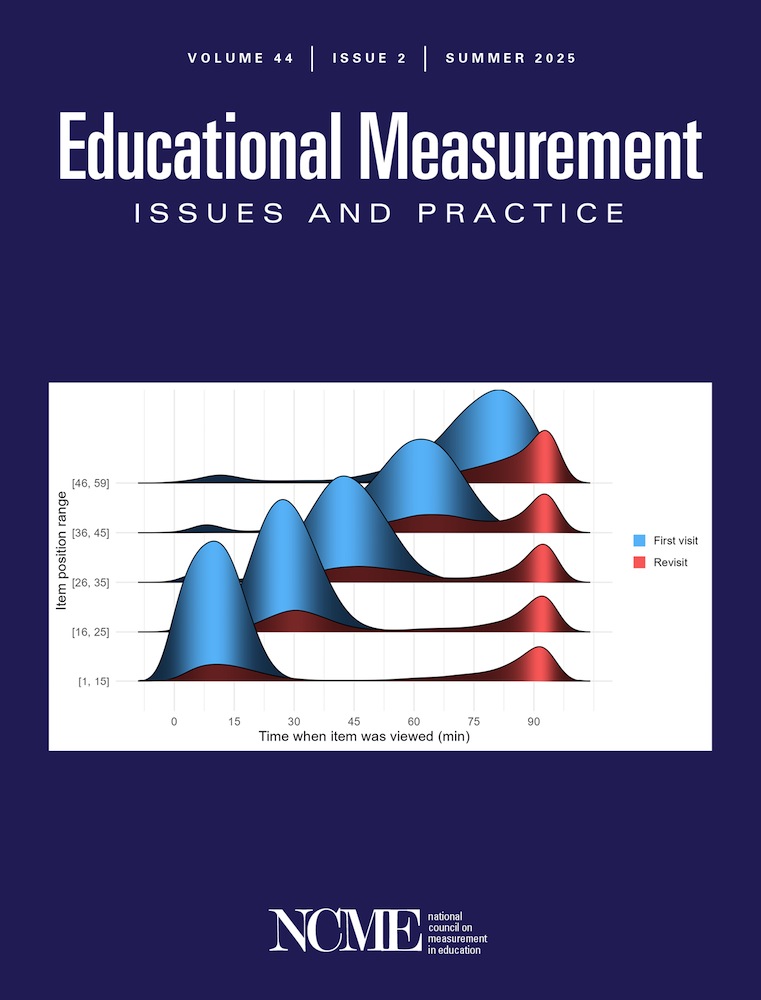Digital Module 39: Introduction to Generalizability Theory
Abstract
Module Abstract
Generalizability theory (GT) is a widely used framework in the social and behavioral sciences for assessing the reliability of measurements. Unlike classical test theory, which treats measurement error as a single undifferentiated term, GT enables the decomposition of error into multiple distinct components. This module introduces the core principles and applications of GT, with a focus on the univariate framework. The first four sections cover foundational concepts, including key terminology, common design structures, and the estimation of variance components. The final two sections offer hands-on examples using real data, implemented in R and GENOVA software. By the end of the module, participants will have a solid understanding of GT and the ability to conduct basic GT analyses using statistical software.




